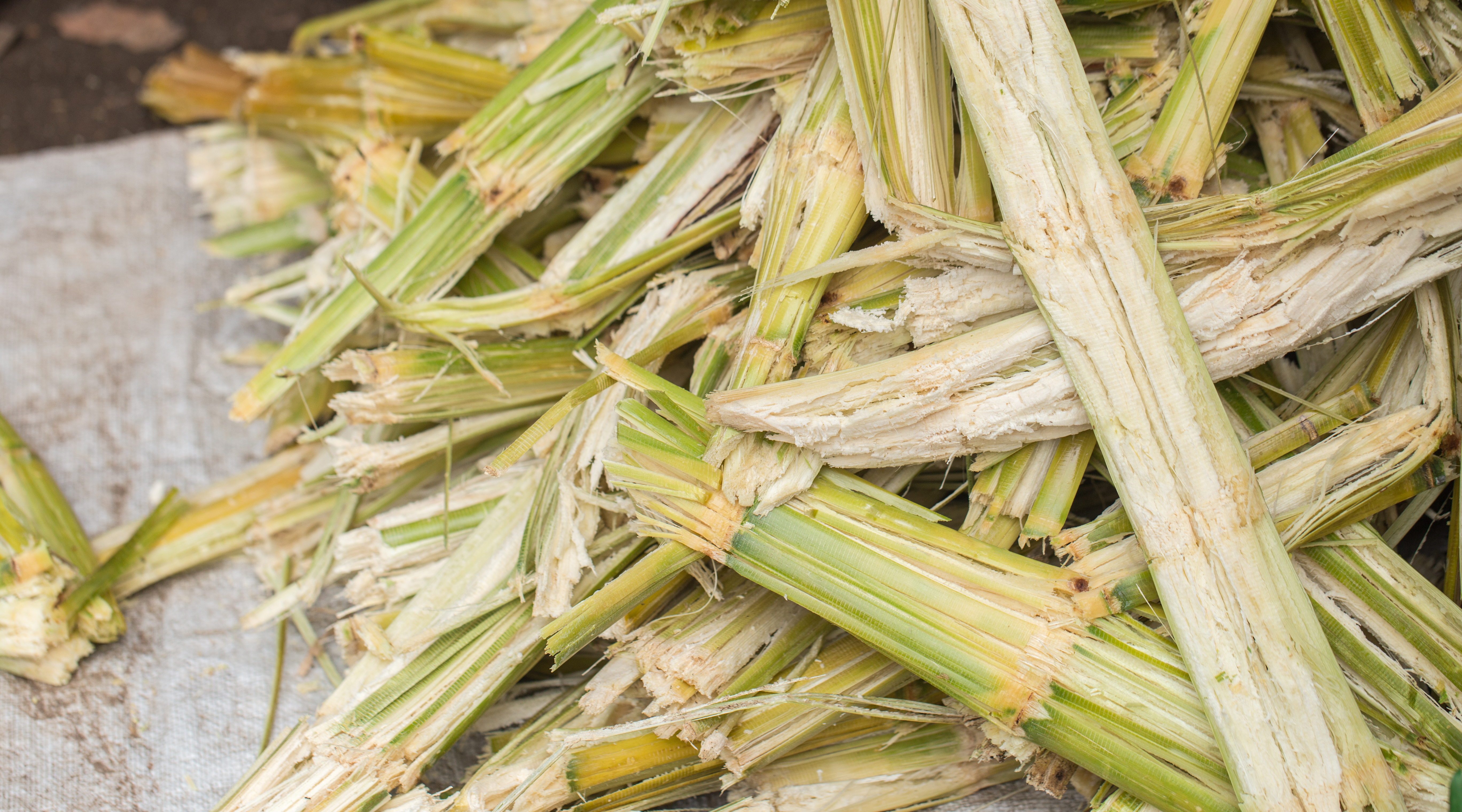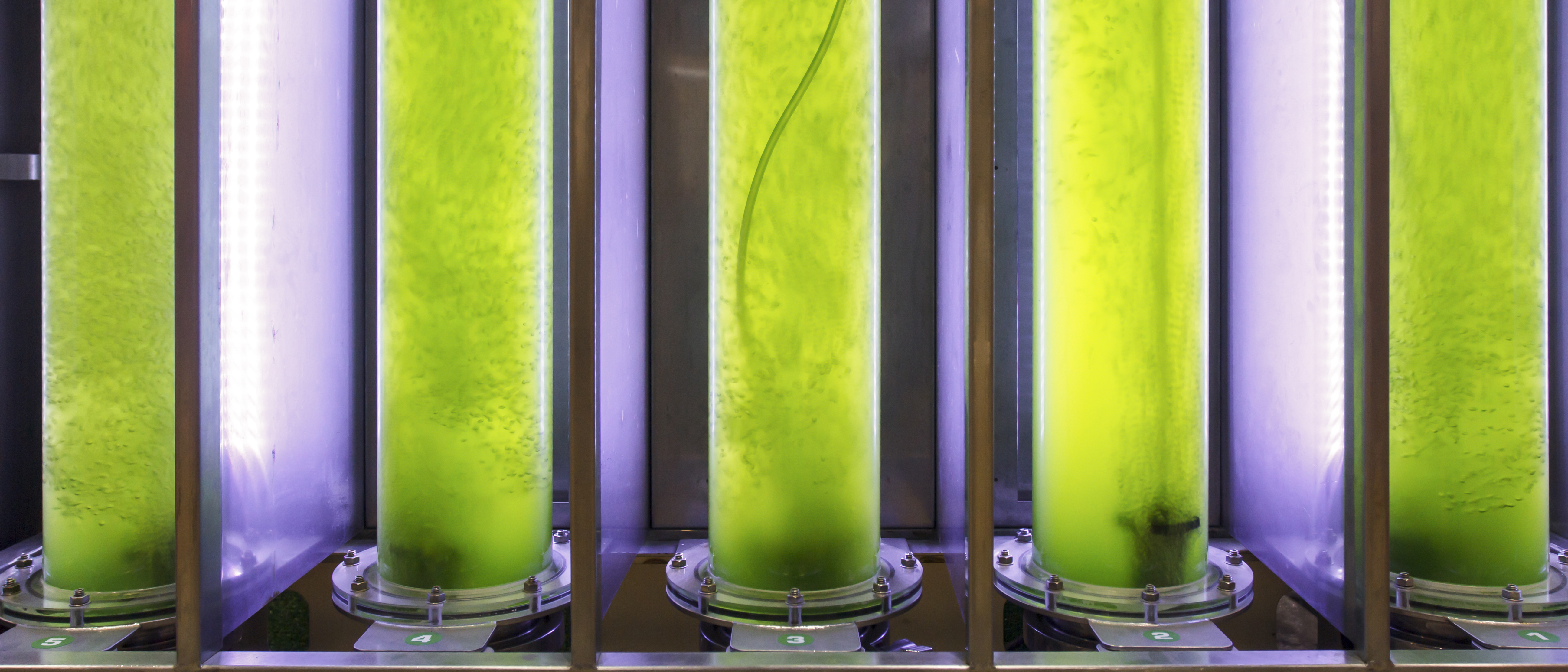With efficient and economic waste valorization technologies we can extract maximum value from resources. Our overall goal is overcoming technological and innovation challenges for production of fuel and biochemicals from biomass, residual biomass (waste), and wastewater. We explore innovative and sustainable solutions for in this domain in active collaboration with industries, national and international institutes, and local municipalities and government.
We have expertise in anaerobic digestion, bioaugmentation and fermentation technology, biomethanation through CO2 fixation, reduction of greenhouse gas emission and alternative treatment of wastewater combining fuel/algae production. Our specific interest is the integration of fermentation and anaerobic digestion for complete utilization of waste carbon sources with the objective of minimizing environmental impact while enabling cost effective solutions.

The biomasses include energy crops, biomass grown in arid regions including halophytes and algae biomass. The residual biomass (wastes) includes municipal solid waste (the organic fraction) and waste from the hospitality sector, agricultural residuals, and manure from livestock. Conversion technologies for both types of biomass include both physical-chemical processes like gasification, pyrolysis, catalytic conversion (hydrogenation), solvent extraction, absorption purification and pretreatment. Biological processes include biochemical conversion (enzymatic hydrolysis and synthesis) and fermentation (photosynthetic, aerobic and anaerobic).
All technologies are assessed focusing on economic and environmental feasibility.
Our key competences and capacities are:
- Process control and bio-augmentation for fuel and chemical production through anaerobic fermentation of residual biomass e.g., manure, straw and organic fraction of household waste.
- Developing new bioreactor system and technologies for biological upgrading CO2 with H2 to CH4.
- Environmentally friendly and cost-effective residual biomass pretreatment technology for fractionation of C5/C6 sugars from lignocellulosic residual biomass.
- Techno–economic assessment of the developed technologies.
- Modelling and prediction of methane potential and hydrolysis of 2G biomass through a modern spectroscopic and chemometrics approach.
- Greenhouse gas emission measurements and modelling and mitigation strategy.
Group members:
Professor, head of department Jens Ejbye Schmidt
Executive officer, Lars Yde
Staff scientist, Lars Duelund
Assistant professor, Muhammad Tahir Ashraf
